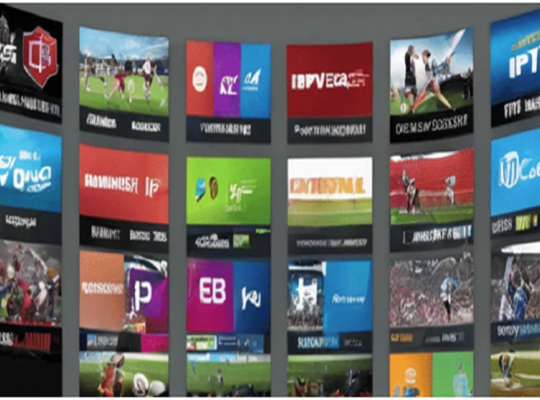Selecting the most appropriate supply chain software is crucial for organizations that are keen on structure performance, enhancing productivity, and minimizing overall cost. The main benefits of using the best software include efficiency in the management of inventories and supplies, smooth flow of logistics, and improved communication within the supply chain. However, it often becomes a matter of choosing which solution will be best to implement since there are so many of them with varying features, connections, and capacity.
It is imperative to understand what your business requires, whether it is live tracking analysis or integration with other systems, and then align this to the capabilities of the software. Following these considerations will help ease the choosing process, and thus, enable you to make a sound decision.
Evaluate Integration Capabilities
System integration is one of the major considerations when acquiring supply chain software. It should also harmonize with other applications that are in use in the company, like the ERP, CRM, and other business applications. This would make it possible for the information to change hands within the various departments of the firm such that an interconnectivity of the supply chain activities can be accomplished.
Lack of integration often results in data isolation, redundancy, and associated mistakes that can affect your supply chain. Hence, when comparing different software, it is advisable to consider one that is compatible with one’s current impression and has robust integration capabilities in the form of connectors or APIs.
Consider Scalability and Flexibility
As your business ventures expand, your procurement software has to be capable of expanding and evolving as well. There is another perception of scalability referring to a software’s capability of improving productivity as data volume, transaction frequency, as the number of user’s increase.
Depending on the software type, flexibility relates to its ability to integrate new features, new modules, or other third-party applications as business expands. Selecting software that is both scalable and flexible means is a good investment that will not be outlived in the future.
Conduct a Vendor Support and Training Assessment
Due to the reality that clients operate and rely on supply chain software, it is important to ensure that vendor support and training are in good condition. The solutions and programs that you implement can be the best on the market, but if your people do not know how to use them, you will not experience any results.
These steps involve examining the helpdesk, documentation, and training services policies of the vendor.
Conclusion
Choosing the right supply chain software is dependent on your business needs, interfaces, flexibility, and support from the service provider. Thus, by paying attention to these factors, you will be able to choose the software that will not only satisfy your current requirements but also help you to expand and become more efficient in the future.
Choosing the right supply chain software enables you to set efficiencies that lead to effective communication and the provision of insights, which is crucial for your business, especially with the competition today.








